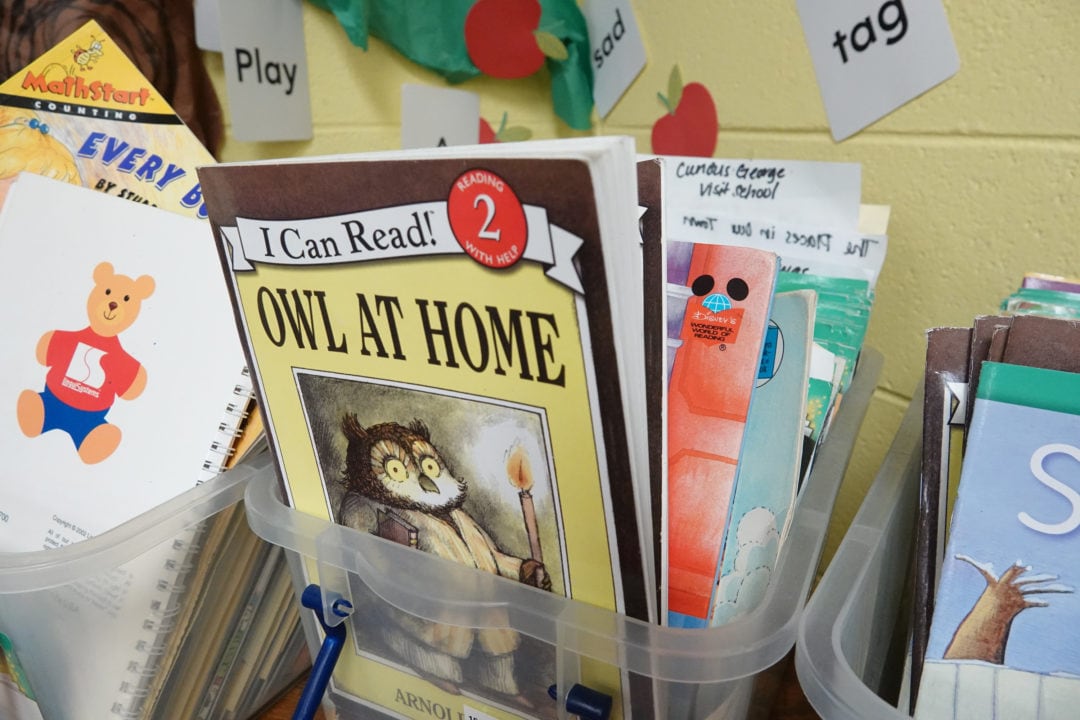The University of Northern Colorado will get another year to meet state-imposed conditions requiring it to improve how its teacher education program covers reading instruction.
The State Board of Education voted 6-1 Thursday in favor of a recommendation that the program’s elementary education and early childhood tracks receive only conditional reauthorization and undergo another state review next spring. More than two dozen other tracks within the university’s educator prep program, including special education, won full reauthorization.
Thursday’s decision comes 16 months after the university first received a harsh critique from state evaluators for its failure to devote enough coursework to scientifically based reading instruction and ensure faculty understand the importance of such instruction. The state completed a follow-up evaluation this spring, and found the elementary and early childhood tracks hadn’t changed much.
The conditional reauthorization means the university’s teacher prep program missed earning the state’s highest seal of reauthorization approval, but won’t prevent it from admitting students.
Board member Joyce Rankin, who voted against the recommendation, said she was deeply troubled by the latest report from state evaluators and suggested maybe the state shouldn’t reauthorize the university’s elementary education and early childhood programs at all until the university improves those two programs. The two tracks together enroll about 700 students.
Colleen O’Neil, associate commissioner of educator talent at the Colorado Department of Education, said, “We struggled with this decision [on] conditional reauthorization or not” but landed on it because university leaders have shown a willingness to collaborate with the department and because the university’s special education program made progress in how it covers reading.
Corey Pierce, associate dean of the College of Education and Behavioral Sciences at the University of Northern Colorado, emphasized that the elementary education and early childhood programs have already made tweaks and will make even more substantial ones in the months ahead.
“Changes have been made so the teachers who are coming out of our program are better prepared,” he said. “Are they as well prepared as we need them to be? Maybe not yet, but again that’s part of the continual improvement process.”





